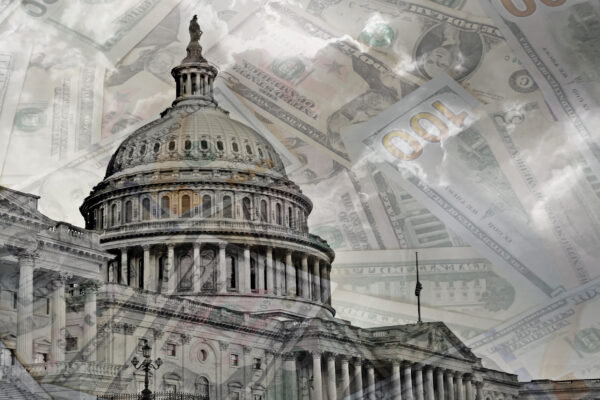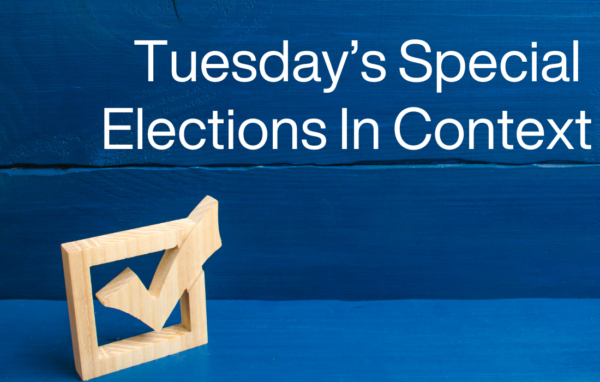Over six months after the October 7 Hamas attacks in Israel, tensions on college campuses have flared again. The latest round followed the testimony of Columbia President Nemat Minouche Shafik in front of the House Committee on Education and the Workforce April 17. Protesters have staged sit-ins and other disruptive activity at colleges across the country, including Columbia. Columbia ultimately canceled its in-person classes for the rest of the semester, and has canceled their graduation ceremonies.
Data from the latest survey for Winning the Issues (April 27-29) shed some light on how voters are thinking about and responding to the latest wave of protests. The brand image of colleges and universities has become more negative (53-34 favorable-unfavorable) compared to where it was in December (57-30) after the first Ed and Workforce hearing led to the resignation of two of the three university presidents called to testify. Among independents, less than a majority have a favorable view (46-39).
Ivy League universities (38-41) remain slightly negative (39-40 in December), with independents being more negative (32-45).
Among voters overall, only 19% say they approve of how colleges and universities have handled the demonstrations on campus (19-53 approve-disapprove). Among independents, that share shrinks to 12% (12-57).

Similarly, only 23% say they agree with the pro-Palestinian protests happening on college campuses (23-53 agree-disagree). Majorities of Republicans (10-69) and independents (19-54) say they disagree, while Democrats are split (38-36, 26% don’t know). Within the Democratic party, there are distinctions by age. Half of Democrats under 44 say they agree (50-29). But among Democrats 45 and older, only 29% say they agree, with 42% disagreeing and 30% saying they don’t know.

Voters are clearly dissatisfied with what they have seen happening on campuses in the last few weeks, a continuation of what they would have observed last fall. What’s more, the dissatisfaction is not limited to Republicans. Independents are dissatisfied, too.







